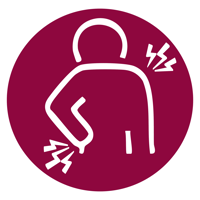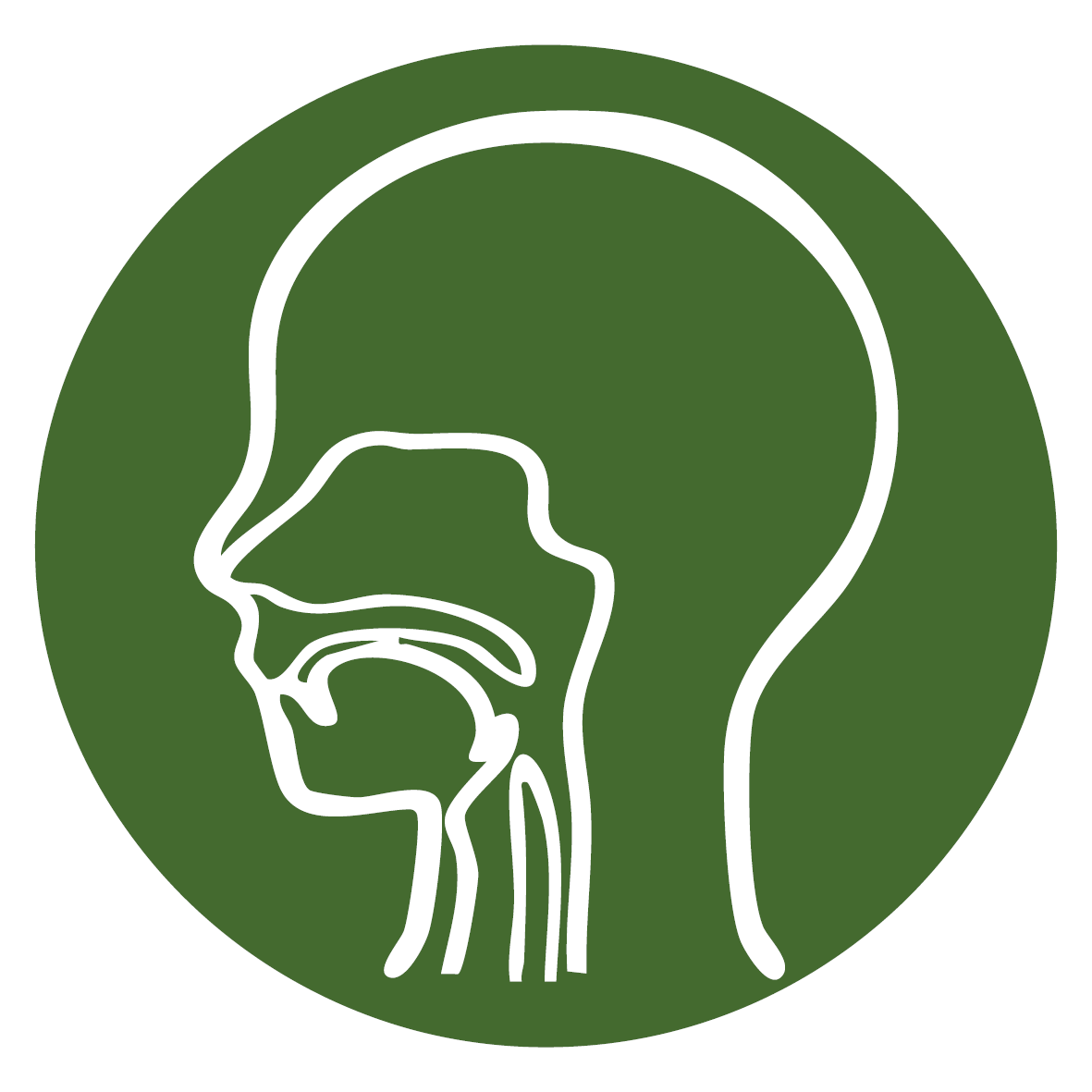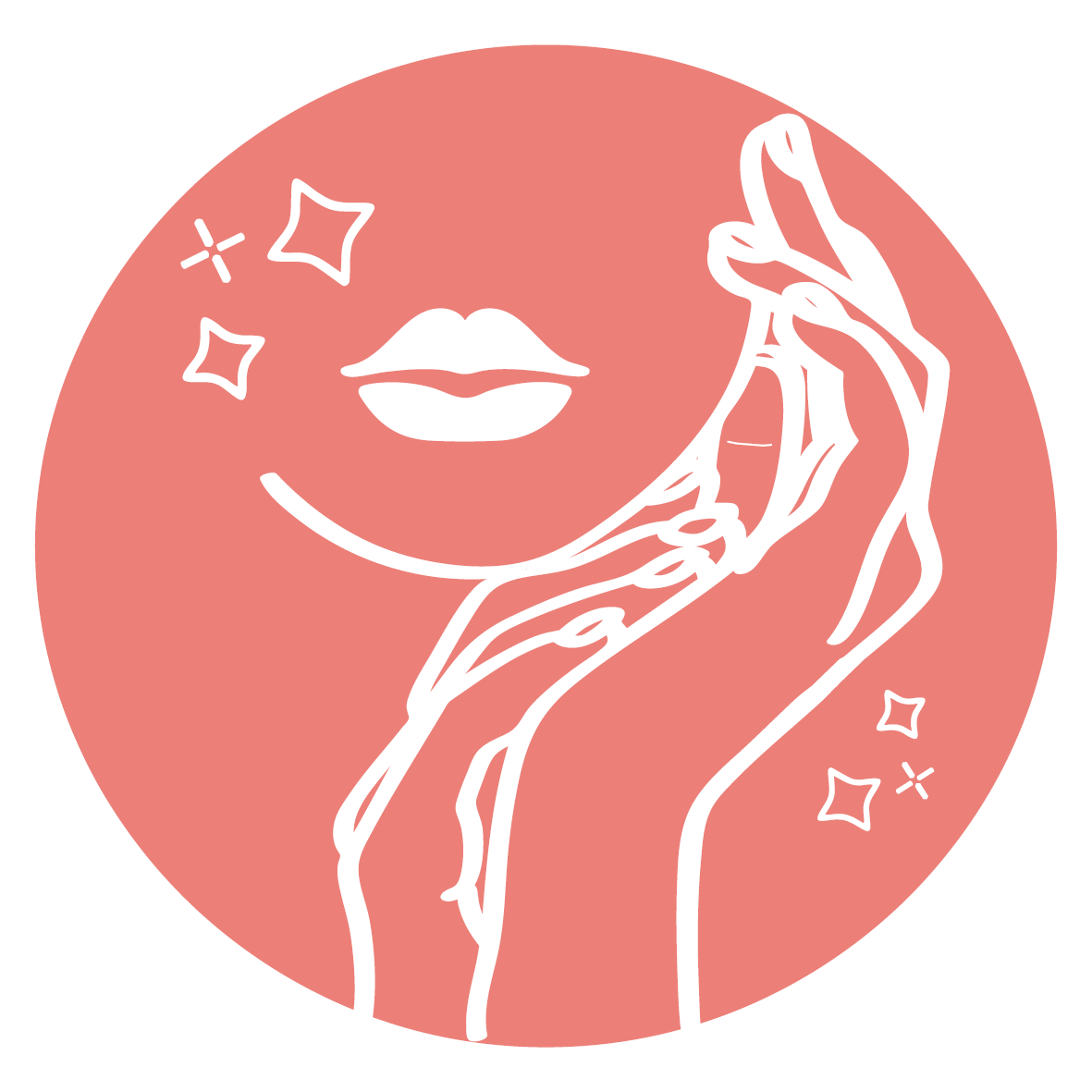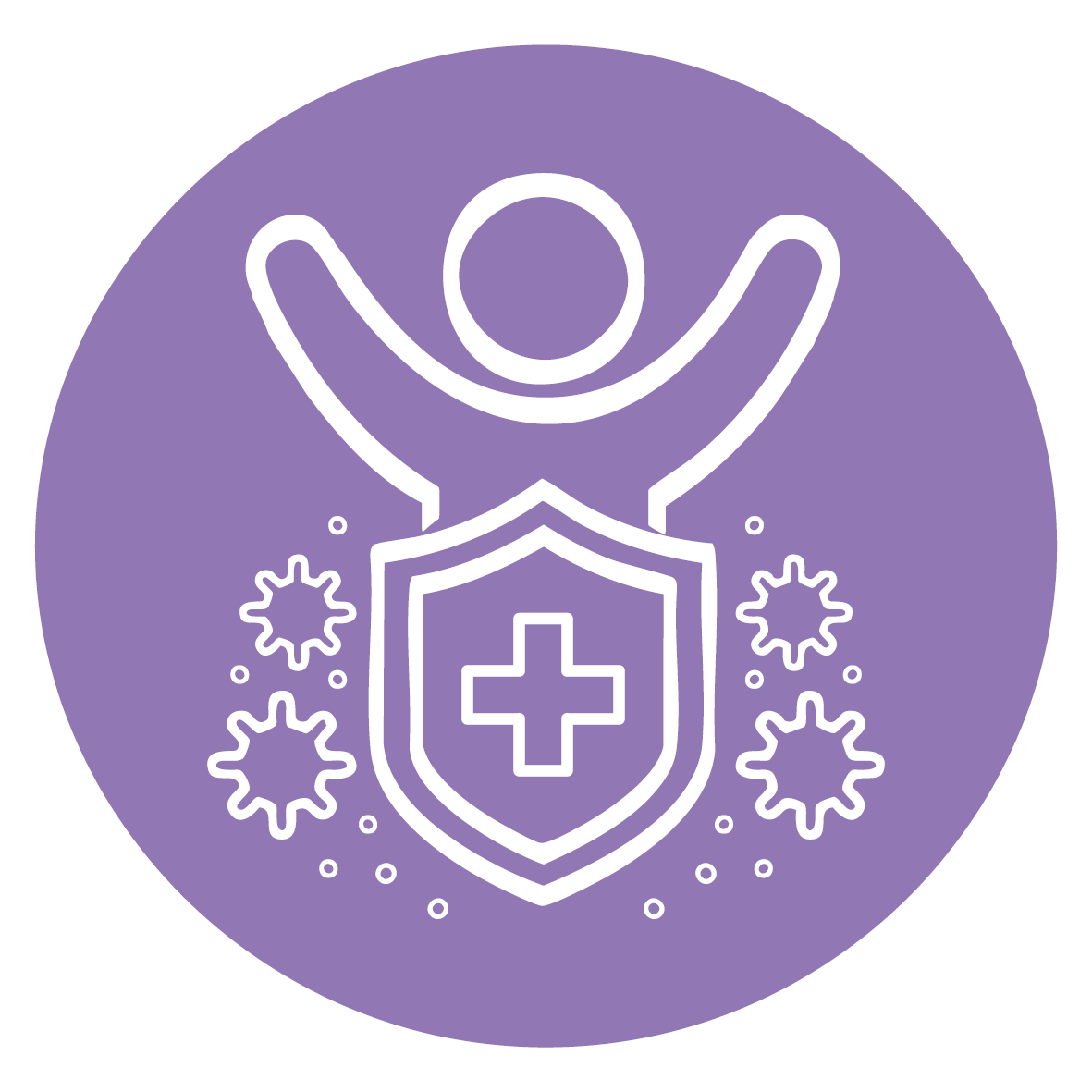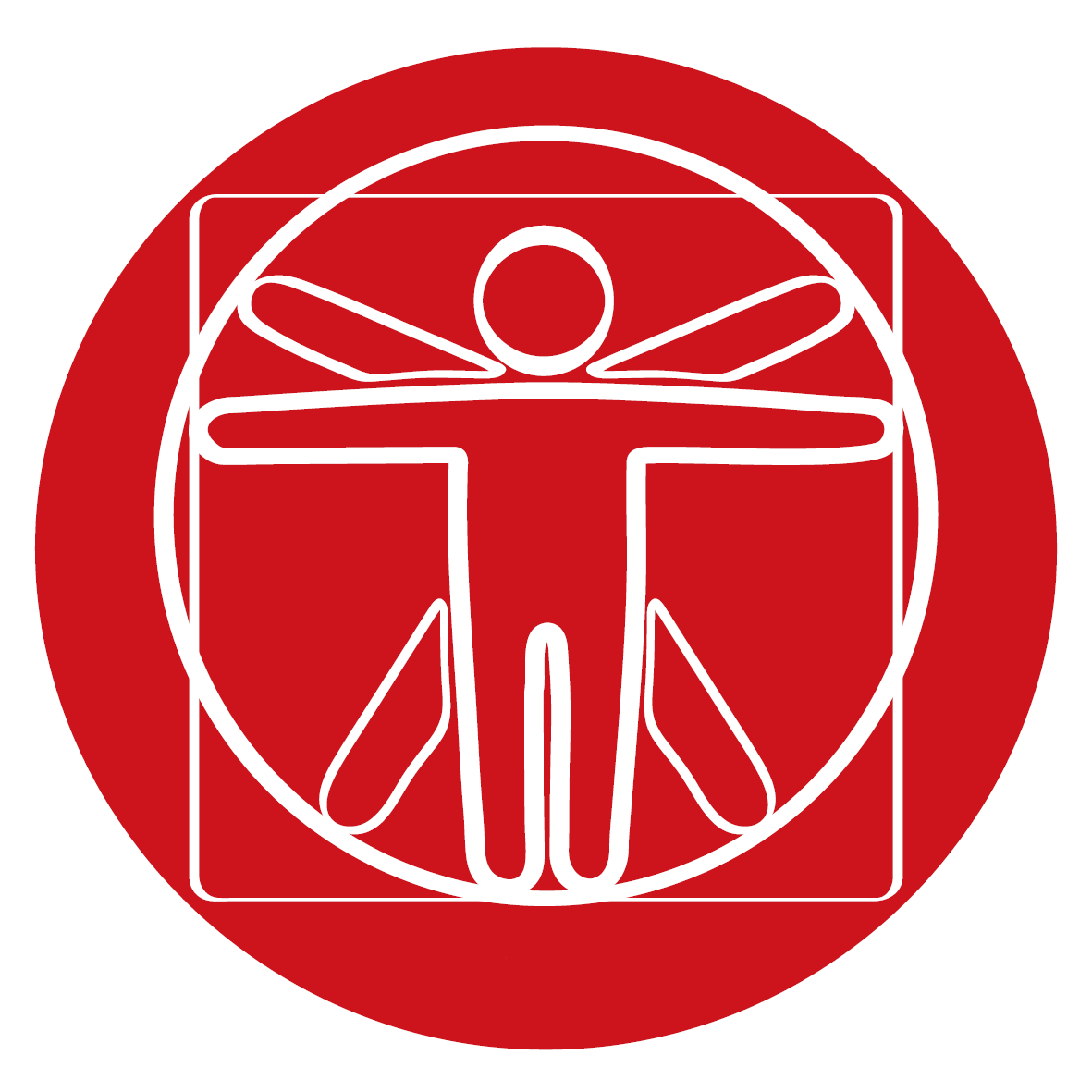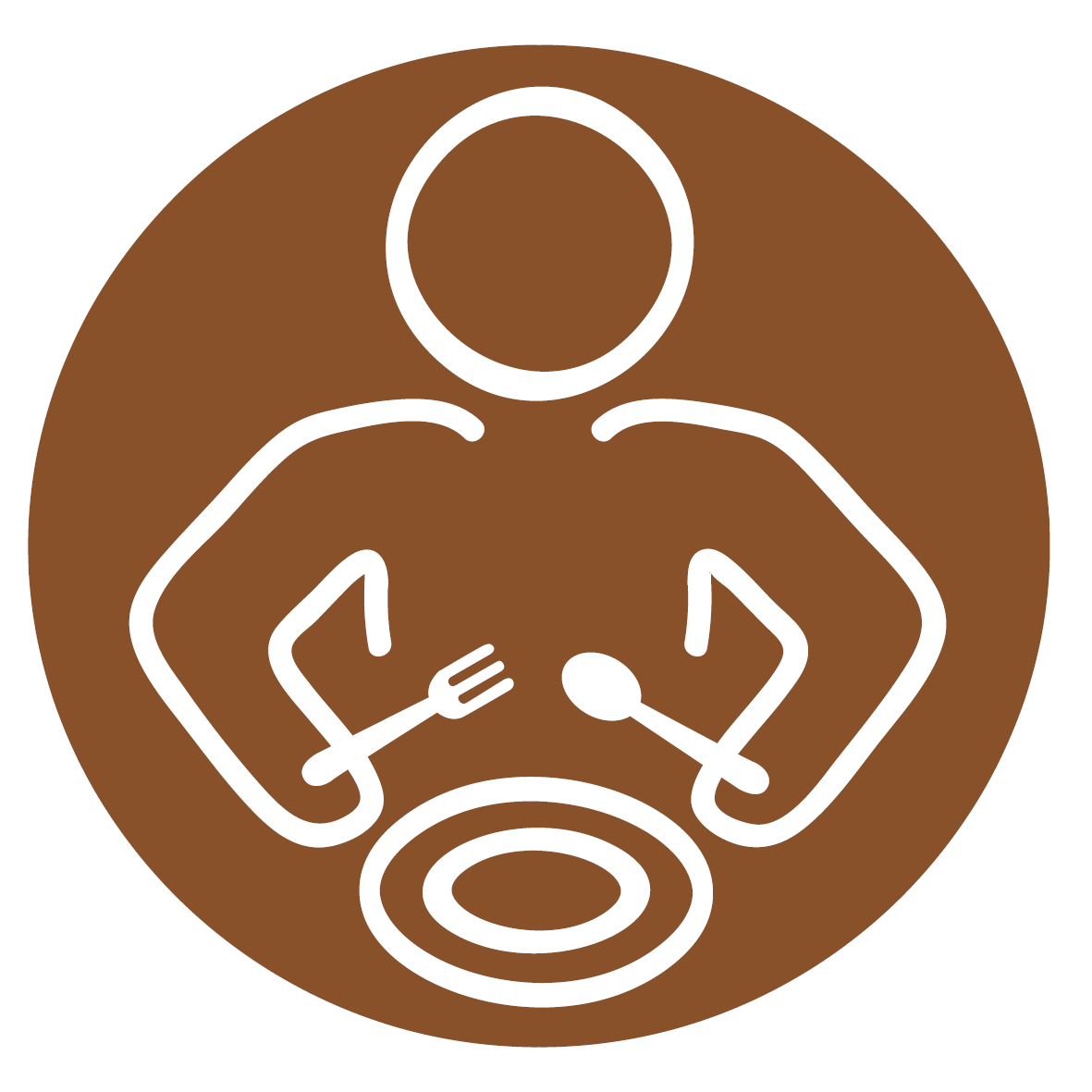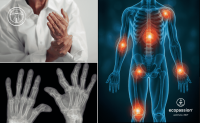
Promoting well-being has become my life’s mission as a health and fitness coach. I’ve found that cultivating healthy habits early—ideally during childhood—lays the strongest foundation. That said, it’s never too late to create lasting change. Every stage of life offers new chances to invest in your health.
Menopause reminds us that youth is not forever. Subtle discomforts arise, and the nervous system grows more reactive. Internally, major shifts unfold: hormone production declines, metabolism slows, blood vessels lose elasticity, and bones—so reliant on hormonal signals—begin to weaken. As fatigue creeps in, so does the lure of the couch.
Yet giving in to inertia rarely pays off. Today, women live longer than ever after menopause. During my years working in home care, I saw firsthand that longevity doesn’t always mean vitality. Many elderly individuals depend on a daily cocktail of medications: acid blockers, antidepressants, blood pressure pills, painkillers, and sedatives. But I’ve also seen the transformative power of a healthy lifestyle. It is possible to age gracefully—and even joyfully—without heavy reliance on medication.
Nourishment Matters
Healthy choices during menopause can help prevent or mitigate modern chronic conditions, such as diabetes, cardiovascular disease, arthritis, osteoporosis, inflammation, and tooth loss. A plant-forward, nutrient-rich diet is a powerful ally in this phase. Plant-based foods offer phytonutrients, fiber, vitamins, and minerals that help regulate hormones naturally. I believe in the bounty of nature: seasonal produce, whole grains, and mindful meals crafted with care.
Sugar, on the other hand, is one of the greatest threats to our metabolic balance. High-quality carbohydrates and whole foods should form the backbone of our meals. Reading labels and avoiding ultra-processed foods—those rich in additives, artificial flavors, and preservatives—can make a world of difference. Fresh, home-cooked meals nourish both body and soul. A little planning goes a long way: prepare grains like farro ahead of time, add sautéed vegetables, and you have a quick, satisfying dish.
As hormones begin to shift, metabolism slows. Continuing with the same diet as before can lead to unwanted weight gain. Lasting change isn’t easy, but it’s worthwhile—and often surprisingly quick to yield results. The strongest motivator? A heartfelt desire to care for your own body. Family habits may clash with health goals—perhaps your partner wants roast with dumplings, and the kids demand schnitzel with fries. Still, change is possible with patience, kindness, and self-love. Over time, many come to appreciate the color and creativity of whole-food cuisine.
Animal products can have their place, too—if consumed mindfully and ethically, ideally without hormones or antibiotics. As always, moderation is key. It’s not about deprivation, but about thoughtful, informed choices.
Move or Rust
“You don’t use it, you lose it”—the saying holds true. Even the healthiest diet won’t compensate for a sedentary lifestyle. Daily movement is essential—not just shuffling from sofa to kitchen. Our bodies are built to move.
Regular movement in fresh air helps the body stay resilient and keeps the musculoskeletal system strong. Improved circulation ensures that joints and tissues are well supplied with essential nutrients. Cartilage, for example, acts like a sponge—compressing under pressure and rehydrating when released through movement. Physical activity supports this natural rhythm, helping to reduce stiffness and prevent long-term wear, pain, and joint decline.
Not a fan of gyms? That’s perfectly fine. I start my mornings with a walk, using Nordic walking poles — particularly effective on inclines. This type of full-body exercise is accessible in any setting, at any time of day.
My poles go with me whether I’m by the sea, in the mountains, or strolling through a city. I love it. My circulation wakes up, endorphins lift my mood, and oxygen energizes my body. Thanks to this routine, I’ve avoided sagging arms and varicose veins and maintained an upright, strong posture. As an added benefit, regular cardio exercise can help ease hot flashes. A few minutes of gentle stretching afterward provide the perfect closure to your routine.
The Emotional Landscape
Menopause isn’t just physical—it touches the heart and mind. Emotions fluctuate with hormones. We may feel unusually irritable or vulnerable. Some women experience anxiety, insomnia, sadness, low libido, or fatigue. It’s unsettling—but also normal. The body is adjusting to a new hormonal rhythm, and the psyche needs time to follow.
For many, these emotional shifts are misinterpreted or pathologized. They bounce from one specialist to another, searching for answers. I’ve heard countless stories from women who felt unheard and unsupported. That’s why I believe menopause counseling is so important. It’s about gaining clarity, understanding what’s happening inside, and learning that this phase isn’t a medical failure—it’s a natural transition.
Estrogen and progesterone influence an extensive and dynamic network of neurotransmitters, emotional regulators, and essential bodily systems. As their levels shift, so do we. But that’s not the end—it’s a new beginning.
Restorative Rest
Sleep is the body’s most effective medicine. Around age 40, I added a 30-minute power nap to my daily routine. My mornings begin at 5:00 with a walk, followed by stretching and strength exercises. After shower and breakfast, I move through my day with structure. My bedtime is 10:00 p.m., and I’ve learned that consistency brings balance.
I haven’t always slept well. For a while, I’d wake around 3:00 a.m., lost in anxious thoughts. Sleep-deprived days followed, and although my doctor offered sleeping pills, I always declined. I had seen how groggy they made others. I believe that genuine rest cannot be forced—it must be nurtured.
Sleep renews the brain, skin, gut, and immune system. Chronic sleep deprivation can lead to weight gain and serious health issues, including heart disease. Most regenerative sleep occurs before midnight, yet modern habits—like scrolling on phones in bed—often rob us of this essential healing time.
That’s why self-care includes daily stillness. Take time to breathe deeply, unplug, and rest. Whether it’s yoga, meditation, spinning wool, knitting, or simply being still—find what calms you. These rituals offer more than relaxation: they restore connection to yourself.
Intimacy Endures
Sexuality doesn’t end at menopause. On the contrary, many women report a new sense of ease and freedom. However, long-term relationships can experience distance, especially when intimacy becomes uncomfortable or routine. Physical changes—like thinning vaginal tissue—can cause discomfort. Emotional wounds may add to the silence.
But silence is not the solution. Open dialogue is key. Talk to your partner. Share, listen, explore solutions. Today, gentle therapies, plant-based remedies, and treatments offer support to ease symptoms and restore connection. Your hormones may no longer samba, but they can still sway in harmony.
Because the most beautiful part of life doesn’t deserve to fade—it deserves to evolve.
My Journey
This transition isn’t always graceful. It depends on your background, beliefs, family dynamics, and the mindset you bring to it. There’s no single roadmap.
For me, information was power. Learning about menopause gave me clarity and empowerment. I learned to recognize what’s natural and what’s being sold as a problem. I discovered that this chapter—while not easy—is not a punishment. It’s a turning point.
I’ve faced challenges. At 35, I overcame alcohol dependency. I’ve divorced, authored two books (one about addiction), and built a career as an independent health professional. Today, I’m a certified menopause coach. I’m still learning—and growing. As my mother says: “At 53, haven’t you done enough?”
But for me, standing still is never an option. Stagnation is regression.
Author: Ruth Niederkofler
Health Educator & Certified Menopause Coach





